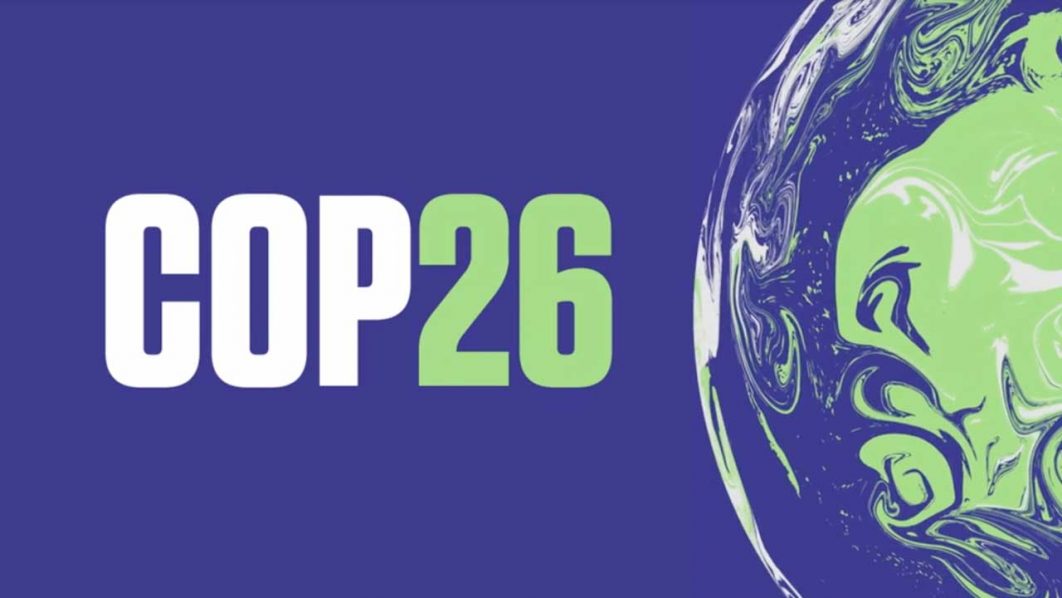
So, what or who is this COP? Well, it simply stands for Conference of the Parties (COP) – I know what you are thinking – ‘Come Again”!!! Yes, it really does stand for that. It’s a global platform representing scores of countries that signed the 1994 United Nations Framework on Climate Change. So, that’s that phrase ‘climate change.’ You all probably remember the big hoopla about the Trump Administration pulling the US out of the Paris COP Conference agreement in November 2020.
The goal of this agreement and signatures from the many countries was to find a way to manage greenhouse gas concentrations, management that would ultimately prevent an uncontrollably rise in the earth’s temperature. It probably does sound like an issue that scientists and perhaps the Greenpeace movement would gleefully engage in before breakfast every morning.
But there is a serious side to it, and this is where and why we all should probably pay a little more attention, and perhaps see where we fit into the solution process if that.
Greenhouse Effect
The Sources
Perhaps we need to look quickly at what greenhouse gasses are and where they come from. Some forms of these gasses are carbon dioxide from fossil fuels and combustion from cars and airplanes. A major source is a deforestation because trees can no longer help the earth consume the carbon dioxide it produces, and others are from activities like cement production and the gasses that come from it.
Other examples are methane, from fossil fuel also, and there are also gasses from landfills, and then agriculture, which we need for food production that is turned into the groceries and meat we buy from the store.
The Effects
Now to the effects. Scientists have shown us that these gasses trap the heat produced by the earth, and it leads to extreme weather, like all the flooding we have seen in the news across the US (New York, New Jersey and Louisiana) in the last few weeks, the hurricanes just two weeks ago across the South East, and the extreme wildfires across the West Coast from California to Oregon.
Doing The Math – How Long
I just did the math. From the first COP accord where many world leaders added their voices and signatures to the inaugural accord, to the last COP – tagged COP 25 last year, there have been 27 years of COP, and the next one tagged COP 26, is scheduled for November 2021 in Glasgow – Scotland.
As a 19-year-old global education advocate and an active voice for an inclusive and realistic climate change process, I am asking myself here, what are the measurable achievements, since the first COP. This question is more relevant because I was not yet born in 1994, but I see the challenges and effects of extreme weather, food shortages, and logistics disruptions in our world today,
Taking the Plunge
Over the last 4 years, I have sought and sat down to learn firsthand about the climate change challenges from some world leaders, whose countries seem to bear the brunt of the effects of Climate Change to a larger degree, being Island nations. These were the Prime Minister of Samoa, the Prime Minister of Jamaica, the Prime Minister of Vanuatu, the Prime Minister of St Vincent & The Grenadines, the Prime Minister of Tuvalu, the Prime Minister of Fiji, and the President of Marshall Islands.
In talking with them, I learned firsthand about the hardships they have all borne, but in the process, I discovered something else as an education advocate – the direct effect of climate change on children’s education. It translated to mean my area (education) was paid very little attention. So, I made some noise about this.
At COP23 in Bonn – Germany, I was asked by the UN to speak on behalf of the world’s youth, and I shared some ideas before many global leaders and royalty.
Now three years later, I would have wanted to see those ideas implemented, to a measurable level in some of the countries hardest hit. It would have been even greater to see the leaders of those countries share some of their success stories, since COP 23, but these success stories are very, very, very, and I mean ‘very’ few, and far between.
I don’t know what the reasons for the above are and I’m not a politician (I’m very much still in college), but in the meantime since COP 1, hundreds of millions of dollars in damages have been recorded and tens of thousands of lives have been disrupted. That, in my book, is very expensive!
I do believe that all the talk at COP has become very expensive, to the detriment of poorer countries. They are at the front line of the brunt of extreme weather (the effects of climate change), and these countries produce next to no greenhouse gasses, compared to industrialized nations.
Need I say more because even if I do, it just might make the talk and the opportunity cost of little actions or inaction even that more expensive.
Oduwole is a 19-year-old global girl education advocate from California. A UN designated climate neutral champion and documentary filmmaker, she meets regularly with world leaders, to proffer solutions on social development issues.






